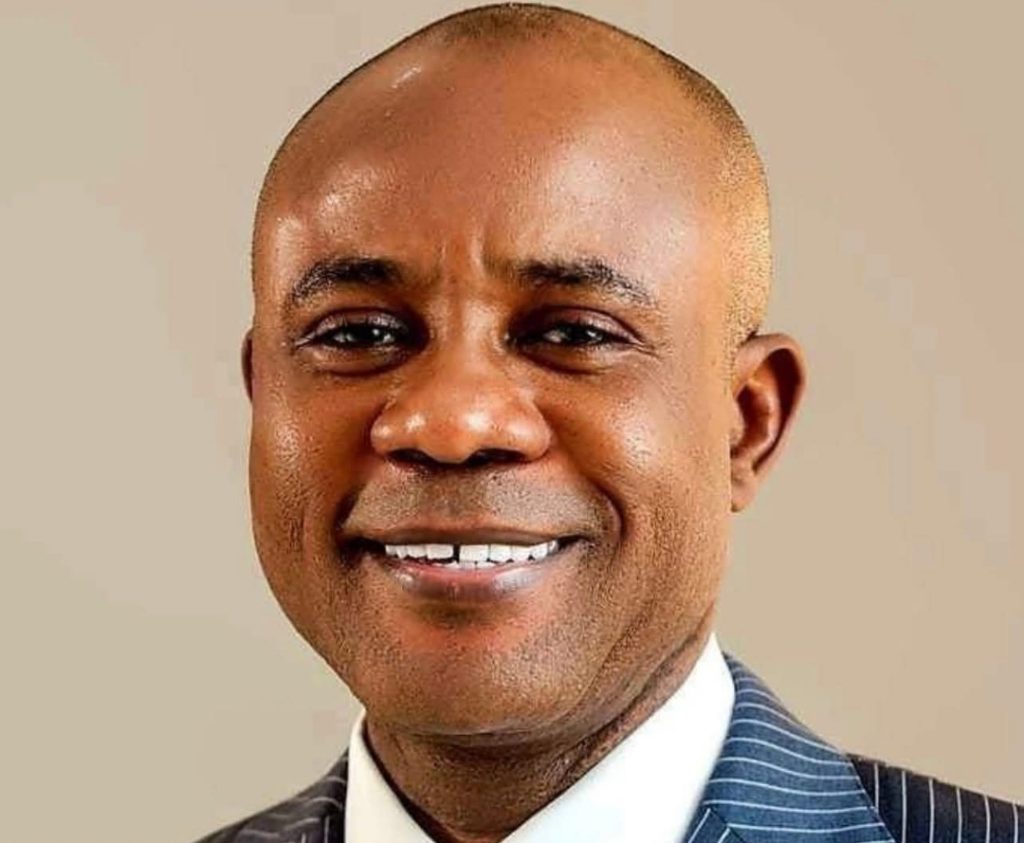Africa
Empowering Africa’s Future: Unlocking Youth Potential

“Youth are the architects of change,” Nelson Mandela profoundly observed. With 70% of Africa’s population under 30, youth empowerment is pivotal to continental prosperity. The youth hold immense potential for growth and development. However, numerous challenges hinder this potential, which include:
Economic struggles, lack of representation, socio-cultural barriers, educational and skill gaps, lack of mentorship among others.
Who is a Youth?
While there is no universally accepted definition of youth, the term varies depending on context, culture, and organization. The United Nations defines youth as individuals between 15 and 24 years old. The World Health Organization (WHO) categorizes youth into two groups:
- Adolescents (10-19 years)
- Young Adults (20-24 years)
The African Youth Charter defines youth as individuals between 15 and 35 years.
Challenges Facing African Youth
With unemployment (54%) and poverty (70%) ensnare many youth, forcing them into informal economies. Systemic neglect exacerbates underdevelopment, limiting access to education, healthcare, and financial services. Key challenges include:
Limited access to quality education (60%), high dropout rates, skills mismatches, vocational skills and apprenticeship scarcity, gender inequalities and ageism, social exclusion, cultural barriers, underrepresentation in politics, corruption
Human rights abuses and Conflict
Solutions
Sustainable and effective solutions require constructive efforts from governments, organizations, and youth. Key strategies include:
Investing in quality education, teaching vocational skills for self-reliability, entrepreneurship development, access to credit for economic stability, youth governance participation
Inclusive policies, youth-led organizations, mentorship, and intergenerational collaboration.
Investing in youth education yields long-term benefits, as the African proverb states, “Educate a girl, educate a nation.” Empowerment promotes sustainable development.
In conclusion it is only through empowering African youth . By addressing challenges and promoting opportunities, we can harness youthful energy for sustainable success. Governments, organizations, and youth must collaborate, prioritizing empowerment to ensure Africa’s prosperity. it is only through nurturing the younger, a nation will able to build a successful and sustainable ecosystem, not just for the present but also for the future.
“The youth of today are the leaders of tomorrow” (Nelson Mandela). Let’s shape a brighter future for Africa’s youth.
For Diaspora Digital Media Updates click on Whatsapp, or Telegram. For eyewitness accounts/ reports/ articles, write to: citizenreports@diasporadigitalmedia.com. Follow us on X (Fomerly Twitter) or Facebook











